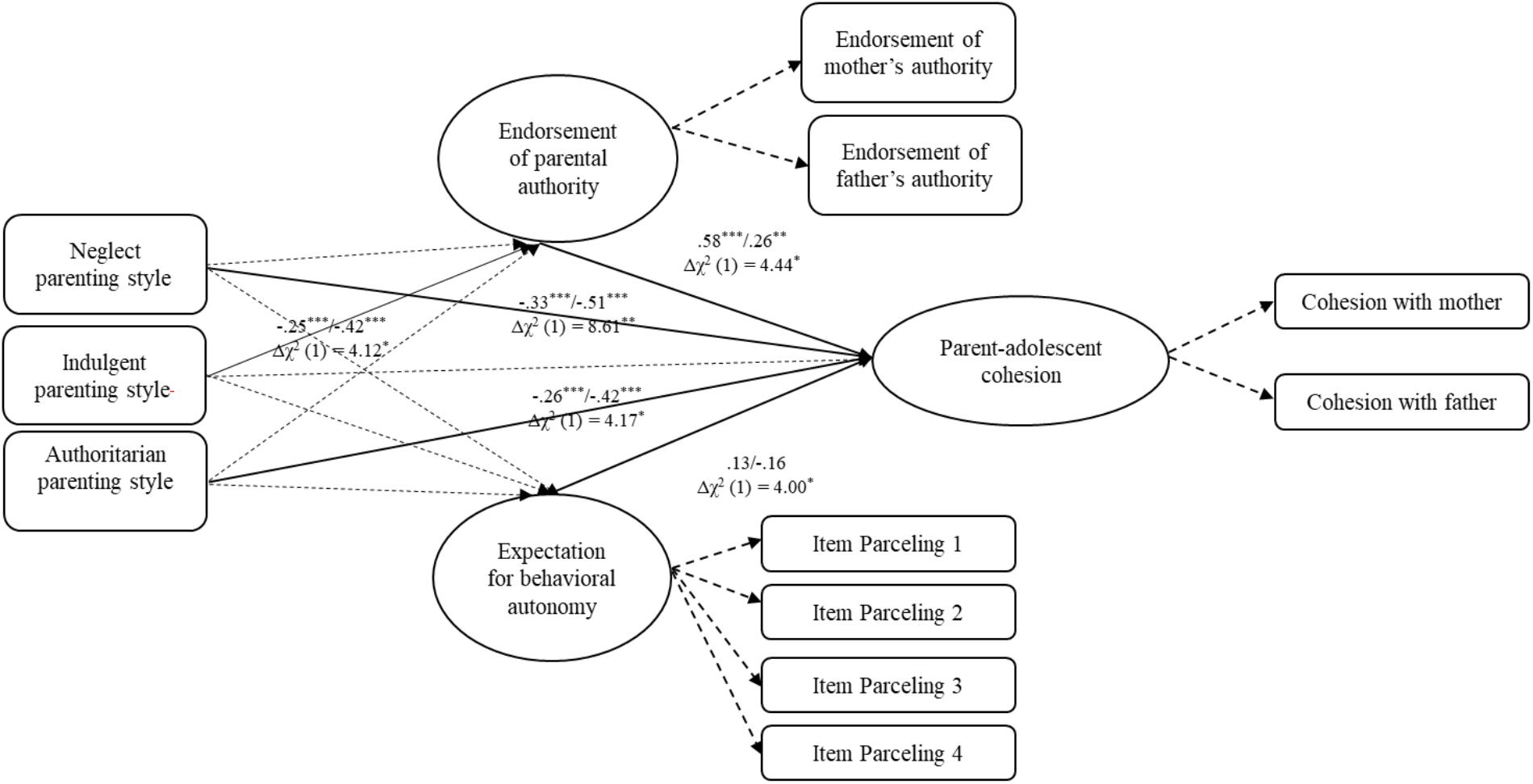Classify Parenting Styles
Authoritarian or disciplinarian permissive or indulgent neglectful or uninvolved parenting styles chart infographic.

Classify parenting styles. The four types of parenting styles are. These ideas of how to raise children can generally be grouped into three main parenting styles. Children are most beneficial from democratic parenting learning to be responsible and being aware of. All parents make decisions for their children that may be more strict or more indulgent on occasion.
These parenting styles cause emotional problems as well as cause the child to rebel at some point in their life. Its important to ensure your parenting style is supporting healthy growth and development because the way you interact with your child and how you discipline her will influence her for the rest of her life. Parenting style plays an important role in raising a child. Studies show that children raised with a strict parenting style tend to be more angry and rebellious as teenagers and young adults.
Parenting styles differ from family to family and may even vary from day to day within one family. Authoritative parents encourage their children to be independent and assertive while also being respectful of others. Parenting styles are the way parents choose to raise their children. For the most part however the way that one parents falls into one of three general parenting methods.
Authoritative parents high warmth high control encourage independence in their children while at the same time placing appropriate limits on their behaviour. There are several different theories and concepts about the best and perfect ways to raise a child. These are authoritarian permissive authoritative and uninvolved. These are the authoritative authoritarian and permissive parenting styles.
These are authoritative authoritarian and permissive parenting styles. A persons style of parenting in no way speaks about the level of love they have for their children. In baumrinds classification system three distinct parenting styles are identified. Key factors associated with child rearing styles include warmth rules behavior control supportive responsiveness and expectations.
Researchers have identified four types of parenting styles. These four parenting styles are sometimes called the baumrind parenting styles or maccoby and martin parenting styles. Open parent child communication is encouraged and warmth and support are consistently displayed toward the child or children spera 2005. This is also brought up in an essay by a parenting ally the essence of the strict authoritarian parenting style.
A parenting style is a psychological concept based on regular strategies that parents use while raising their children. Nevid notes that baumrind stated that children of authoritative parenting are the most likely of the three styles to have positive outcomes. Parenting styles affect childrens traits such as achievement independence curiosity self reliance self control and friendliness. Parenting styles all parents have their own unique ideas on the right upbringing of children.
These children are self reliant have high self esteem and are popular with their peers. Authoritarian permissive and democraticauthoritative. Parenting is challenging enough but the battles you pick the praise you give and the issues you feel are important help determine your child rearing style explains the new york university child development center 2.